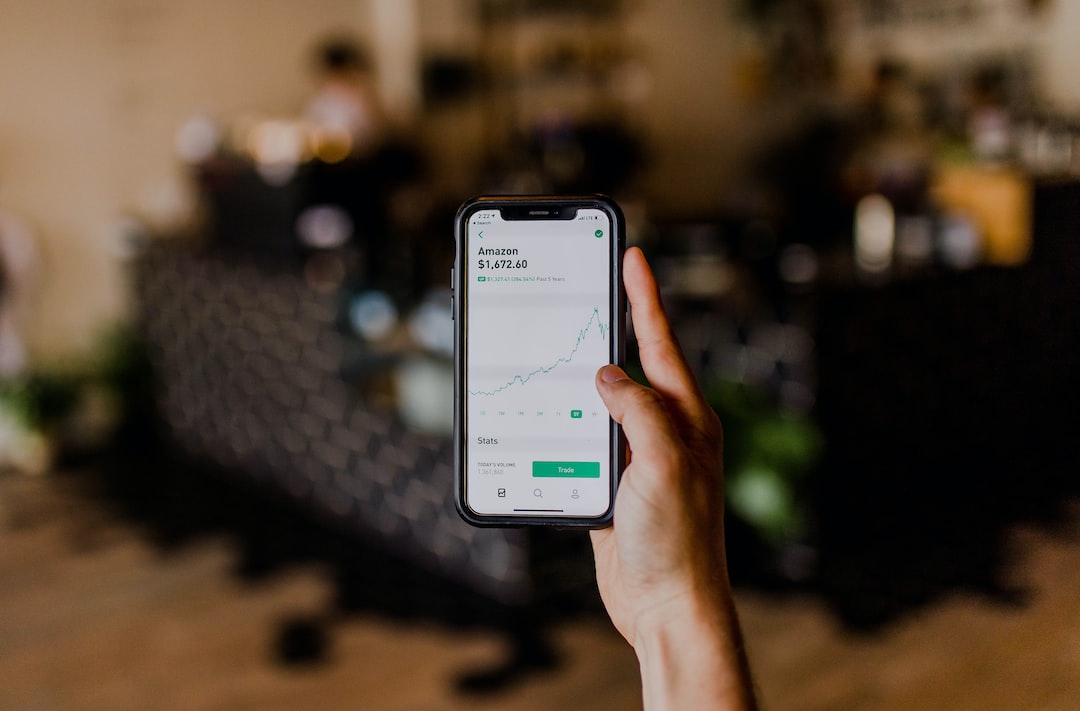The forex market, also known as the foreign exchange market, is a decentralized financial market where currencies from different countries are traded. It is the largest and most liquid market in the world, with an average daily trading volume of $6.6 trillion. Forex trading offers individuals and businesses the opportunity to profit from the fluctuations in currency prices.
In Nigeria, forex trading has gained significant popularity in recent years. With the advancement of technology and the increasing access to the internet, more and more Nigerians are exploring the potential of forex trading as a source of income. However, for beginners, navigating the forex market can be overwhelming. This beginner’s guide aims to provide a comprehensive overview of forex trade in Nigeria and equip beginners with the necessary knowledge to get started.
Understanding the Basics
Before diving into forex trading, it is crucial to understand the basic concepts and terminologies associated with the forex market. Here are a few key terms you need to know:
1. Currency pairs: Forex trading involves buying one currency and selling another simultaneously. Currency pairs are quoted in terms of one currency relative to another. For example, the EUR/USD pair represents the euro against the US dollar.
2. Bid and ask prices: The bid price is the price at which you can sell a currency, while the ask price is the price at which you can buy a currency. The difference between the bid and ask prices is called the spread.
3. Lots: A lot is the standard unit size in forex trading. The three main types of lots are standard (100,000 units), mini (10,000 units), and micro (1,000 units).
Choosing a Broker
To trade forex in Nigeria, you need to open an account with a reputable forex broker. A forex broker is a company that provides traders with access to the forex market. When choosing a broker, there are several factors to consider:
1. Regulation: Ensure that the broker you choose is regulated by a recognized financial authority. This helps protect your funds and ensures fair trading practices.
2. Trading platform: A user-friendly and reliable trading platform is essential for executing trades efficiently. Look for platforms that offer advanced charting tools, real-time quotes, and a variety of order types.
3. Customer support: Good customer support is crucial, especially for beginners. Look for brokers that offer 24/7 customer support through various channels, such as phone, email, and live chat.
Developing a Trading Strategy
Successful forex trading requires a well-defined trading strategy. A trading strategy outlines the rules and conditions for entering and exiting trades. Here are a few popular trading strategies:
1. Trend following: This strategy involves identifying and trading in the direction of a prevailing trend. Traders use technical indicators, such as moving averages, to determine the trend’s strength and potential reversals.
2. Breakout trading: Breakout traders aim to profit from significant price movements that occur when the price breaks through support or resistance levels. Traders use chart patterns or indicators, such as Bollinger Bands, to identify potential breakouts.
3. Range trading: Range traders aim to profit from price fluctuations within a defined range. Traders identify support and resistance levels and buy near support and sell near resistance.
Risk Management
Risk management is a crucial aspect of forex trading. It involves implementing strategies to minimize potential losses and protect your trading capital. Here are a few risk management techniques:
1. Stop-loss orders: A stop-loss order is an order placed with your broker to close a position when it reaches a certain price level. It helps limit losses by automatically exiting a trade if the market moves against you.
2. Take-profit orders: A take-profit order is an order placed with your broker to close a position when it reaches a certain profit level. It helps lock in profits and prevents greed from causing you to hold onto a winning trade for too long.
3. Position sizing: Determine the appropriate lot size for each trade based on your risk tolerance. Generally, it is recommended to risk only a small percentage of your trading capital on each trade to avoid significant losses.
Education and Practice
Forex trading is a skill that requires continuous learning and practice. There are numerous educational resources available online, including articles, videos, webinars, and courses. Familiarize yourself with technical and fundamental analysis, trading psychology, and risk management principles.
Most brokers also offer demo accounts, which allow you to practice trading with virtual money. Use the demo account to test your trading strategies and gain confidence before risking real money.
Conclusion
Forex trading in Nigeria offers immense opportunities for individuals to profit from the fluctuations in currency prices. By understanding the basics, choosing a reputable broker, developing a trading strategy, implementing risk management techniques, and continuously educating yourself, you can increase your chances of success in the forex market. Remember, forex trading involves risks, and it is essential to trade responsibly and never risk more than you can afford to lose.






